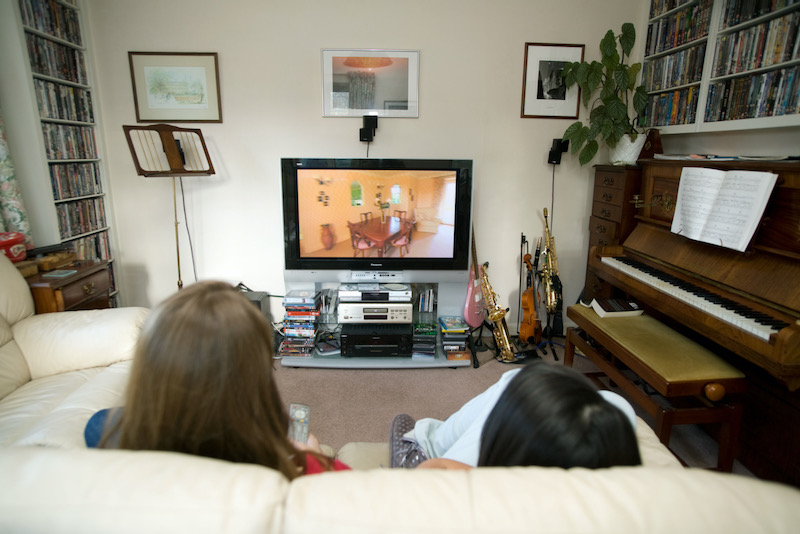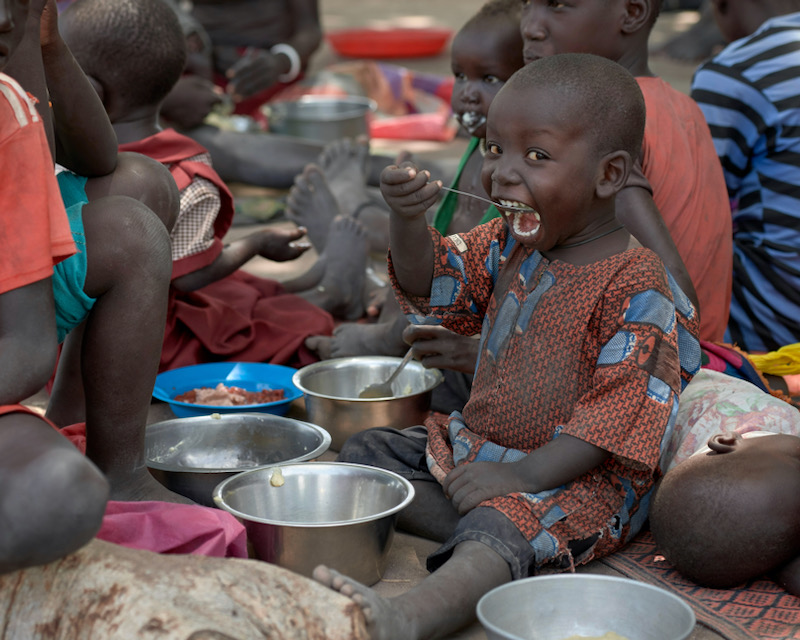My country, South Sudan, came into existence 10 years ago today, but there is little to celebrate. Almost from the moment of its independence from Sudan on 9 July 2011, the world’s newest nation has suffered from constant conflict, hunger and sexual violence. Now Covid-19 is taking a bitter toll.
It is deeply disappointing that after decades of struggle with, the creation of South Sudan has not brought the peace we so desired. Almost immediately, the president and vice-president who took office at independence fell out with each other, leading to confrontation between the country’s two main ethnic groups. Persistent violence has displaced more than 1.6 million people within South Sudan and more than two million have fled to neighbouring countries.
The conflict has wrecked social structures across the nation. Less than a third of the population can read or write, with the proportion far worse among women. Just a few days ago, the South Sudan NGO Forum warned that widespread outbreaks of violence were causing further displacement. This comes at a time when over 60 per cent of the country is projected to be in an acute level of hunger and food insecurity, and over 100,000 people face the risk of famine.
South Sudan’s health system was in ruins even before the arrival of the coronavirus. Our maternal mortality rate, for example, was among the worst in the world. We are in no position to cope with Covid-19, especially when people are told false narratives that the disease is not real, or that it doesn’t spread easily, or that it can be treated by drinking tea mixed with ginger. The pandemic has also done further damage to an economy already crippled by years of instability. The impact is particularly bad among people who rely on a daily wage, because the lockdown introduced in the first wave of Covid-19 immediately left them destitute.
Families fleeing violence and living in makeshift camps are at great risk from the virus. They are unable to observe social distancing measures. Lacking clean water to drink, let alone wash their hands, they have no choice but to ignore the disease and beg in the streets of Juba, the capital, and other towns. The nation was already divided, but the pandemic has driven people even further apart. In the midst of this, it was devastating to learn that the British government is cutting its aid allocation to South Sudan, reportedly by more than half.
Is there any hope for my country? I believe that there is, and that is rooted in the Church, to which two-thirds of the population belong, with the Catholic, Anglican and Presbyterian Churches as the largest. Working with Muslim leaders and traditional religions, we are almost the only institution that people trust. If this pandemic is to be overcome, and South Sudan rebuilt, it will be in large part through the efforts of the Church and the Church based organisations such Cafod, Trocaire, Christian Aid and others.
While the UK government has cut aid, we have always been able to rely on the support, the prayers and the donations of ordinary people in the UK and other countries, channelled through their international charities. This enables us to reach the most vulnerable and marginalised in our society: women, children and the elderly.
We do all that we can to provide food, medicine and basic hygiene requirements to those who need them most. For example, organisations such as Cafod and Trocaire are working with the Church actors and other organisations to deliver messaging on best hygiene practices (through Radio programmes hosted by a medical doctor and a priest), supporting households that need to isolate with food rations and installing hand-washing stations in schools and markets places. The Church is rooted in communities and trusted, when mediating between warring groups and seek to put peace-building measures in place. This trust also means that we can counteract the myths about Covid-19.
We are going door-to-door, taking a loudspeaker van around the streets, promoting the basic messages about social distancing, covering nose and mouth, hand-washing and so on. If Covid-19 has taught us anything, it is that we are all vulnerable, rich and poor. That is true for all countries as well as individuals.
Ten years on from independence we still hold onto our hopes and dreams. 10 year old Huriya – her name translates as “independence” – wants to be a pilot, and her friend says that the education she is still able to receive gives her hope of being independent when she is older.
The role of the Church is to preach hope. But as we pray, it gives us comfort to know that people thousands of miles away are hearing us, praying for us and supporting us, in our quest for a lasting peace, so that all peoples of South Sudan can transform their lives for the better.



 Loading ...
Loading ...
What do you think?
You can post as a subscriber user ...
User comments (0)